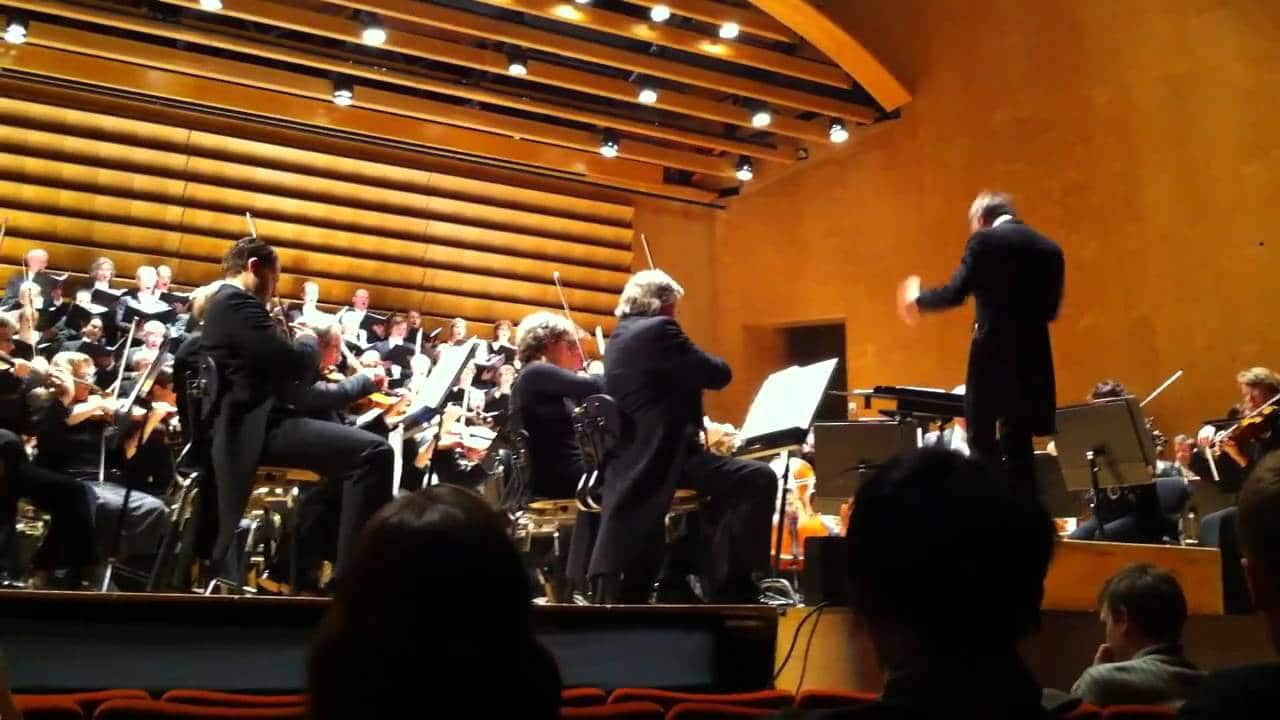Two violinists in a Los Angeles supermarket, faced with empty shelves, whipped out their instruments and played the sinking Titanic theme.
Let’s hear it for Bonnie von Duyke and Emer Kinsella.
And book ’em as soon as it’s safe.
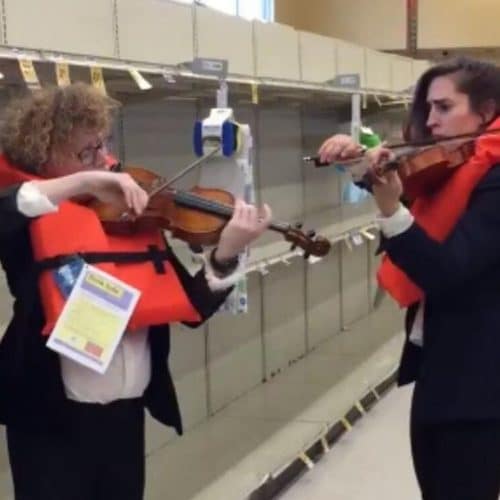
The long-established summer opera festival is considering its options. In a statement tonight Glyndebourne said:
Based on the Government’s strong advice yesterday to avoid public gatherings in spaces such as theatres, we are reviewing the schedule for our Festival 2020 programme. This is an evolving situation and we thank you for your patience as we work through the appropriate response.
We will be in a position to share more detail by 20 March 2020.
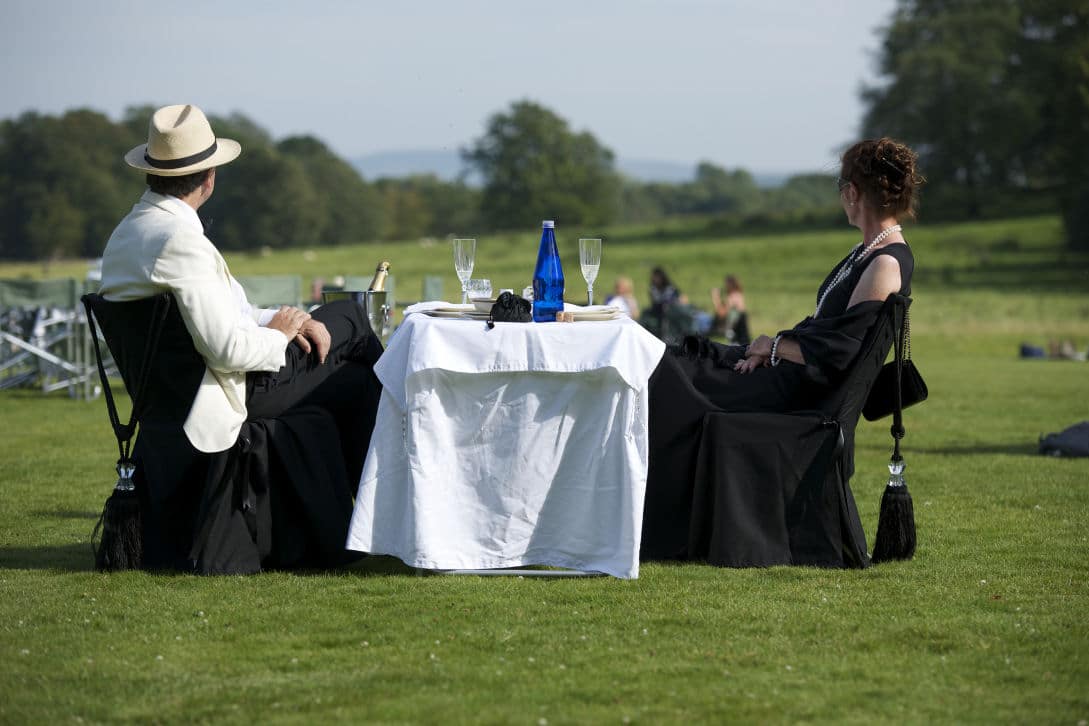
That’s about all anyone can say at this point.
Earlier today, Grange Park cancelled its summer.
The Russian Ministry of Culture announced the closure of all federal institutions, museums and theatres at 16.13 today.
Yuri Temirkanov immediately cancelled the St Petersburg Philharmonic. The Bolshoi had already shut down.
At the Mariinsky Theatre, however, Valery Gergiev is a law unto himself.
At 18:46, staff at the Mariinsky received an internal e-mail saying that tonight’s performance of Lady Macbeth of Mtsensk would go ahead.
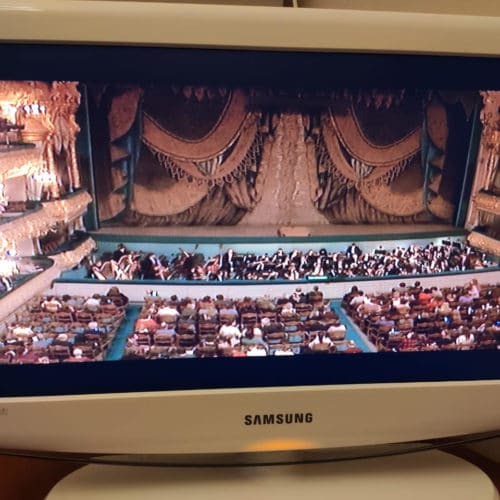
And so it did.
Later, the Mariinsky announced it would close from tonight until March 31.
The message below has gone out to agents and artists from Diane Zola, assistant general manager at the Met. With ‘sincere’ best wishes.
As you are aware, on Thursday, March 12, 2020 the Metropolitan Opera was forced to cancel rehearsals and performances due to the global pandemic of COVID-19 also known as Coronavirus.
There is a Force Majeure provision in the AGMA Collective Bargaining Agreement. Because the public health-related closure of the Met is a Force Majeure condition, payment obligations and other terms of the CBA and the individual artist contracts are not applicable during the period that the Force Majeure condition exists.
Given the rapid progression of COVID-19 internationally, we thank you for your understanding as we all weather unknown and challenging times. Your wellbeing and health are of the utmost importance to the Metropolitan Opera and we send you all good wishes for good health and strength.
Please do not hesitate to reach out to me if you have further questions or concerns.
With my sincere best wishes,
Diane
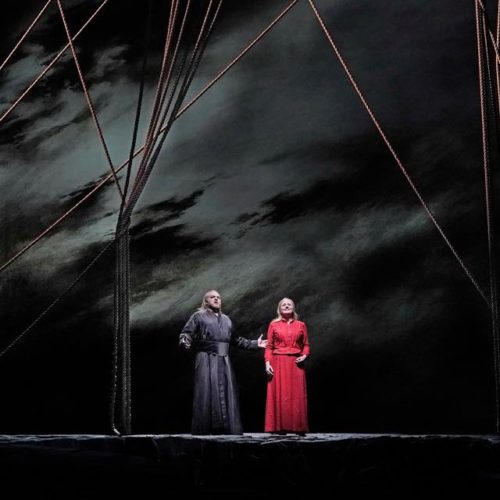
Nikitin and Kampe in the current Flying Dutchman
UPDATE: Broke ENO pays singers. The Met won’t. What’s to be done?
Grange Park Opera has cancelled this summer.
Its founder Wasfi Kani says:
We are in touch with our opera colleagues and have decided to put the 2020 season on ice. There could be some performances but with things moving so fast, it is difficult to make a concrete plan.
We ask that our valued customers and supporters of Grange Park Opera consider donating the price of their tickets to our Operating Fund rather than requesting a credit note or refund. This will help the charity at a very challenging time.
Thank you for your support and faith in these difficult times . . . and for these indoor times, I have created Spotify playlists to broaden your non-operatic repertoire. More will be added soon.
We will be in touch as soon as possible.
Wasfi Kani
CEO & Founder
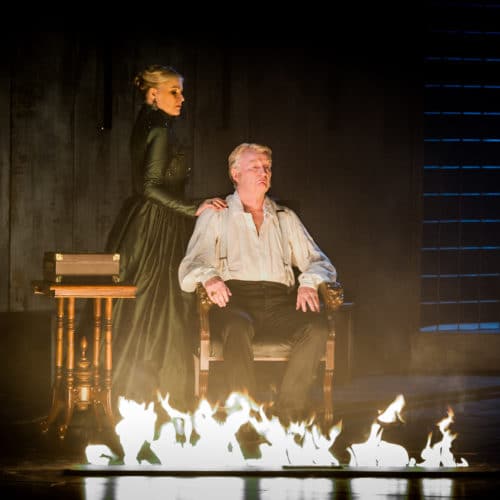
Daniil Trifonov, the foremost pianist of his generation, has left London-based Intermusica, which looked after him in the UK, Australia and about half of Europe. He has now placed his worldwide management in the hands of Opus 3.
Nobody has announced anything, but all websites have been updated.
Why did he jump and dump?
Word on the street is he got frustrated by the amount of Intermusica attention that was being consumed by a certain other pianist.
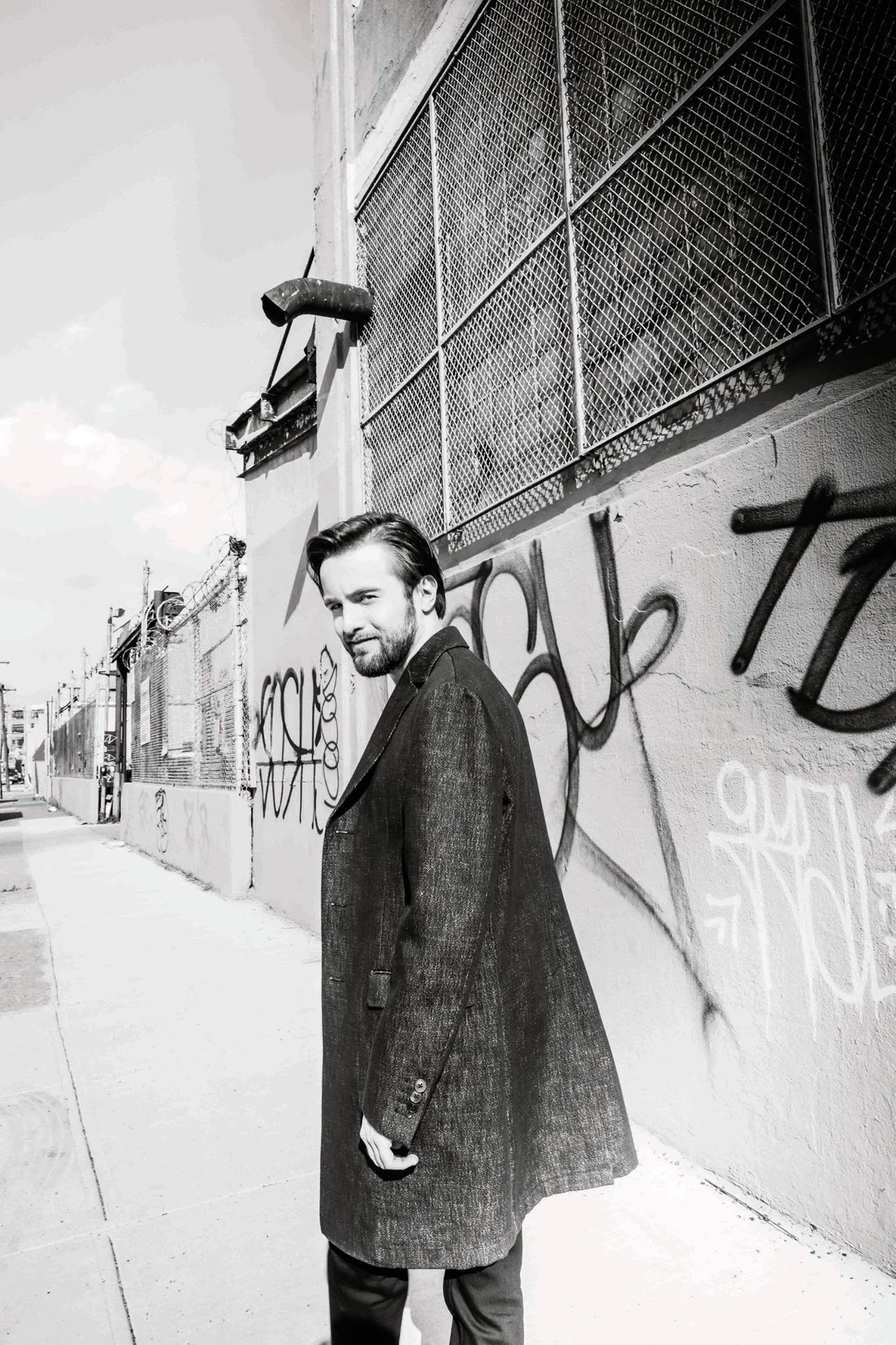
UPDATE: Opus3 have sent the following clarification:
Opus 3 has been Daniil’s manager in North America since 2011. They have a nearly decade-long relationship that began early in Daniil’s burgeoning career. Recently Daniil has been keen to streamline his management and Opus 3 was Daniil’s obvious choice of single/worldwide representation, not just because of his long relationship with them but also because he is now based in New York. Daniil made this change in August 2019. I think the “word on the street”, as you put it, is more the product of someone’s fevered imagination than based in any truth.
The distinguished conductor has sent us a cri-de-coeur:
We are traversing a very strange and unfamiliar moment in life. Suddenly most of us can’t do what we have always done. While those in the medical profession fight at great risk to save human lives, often lacking the basic tools we, as musicians, are unable to share in the most direct way the medicine of the soul: music.
Nothing can replace live performances which is a form of a human communion, of reaching and connecting the hearts and the minds of fellow humans, where no one is alone and no one feels left out. This is denied to us just now.
And yet can we compare this to the horrors of another kind of war in which one part of humanity engages to destroy the other part? Our parents’ generation experienced that type of war, survived it with the losses beyond anything we can even imagine. Many of our own generation must find a way to survive this kind of war on any given day right now. Many of them won’t.
The threat of Coronavirus is a declaration of war that Nature declared on humanity. It recognizes no borders, no social classes, no races and no colour. It strikes and kills the weakest. It sends all of us a loud and clear message that we must stop alienating the Nature and become conscious once again that we are part of it. Just as it is between us the humans, when we get what we give, so it is between us and Nature. We have been treating it appallingly for so long, using what it offers and forgetting to say thank you. This must change.
Only two decades ago as Berlin Wall came down, we were filled with hope. The enemy was no longer on the other side of the Wall. Where was then the enemy? The answer then as it is now: the enemy is within ourselves, within what we call human nature, capable of both creation and destruction. All at the same time.
Did we learn from the tragedy of Chernobyl?
Did we learn from the change of Climate?
Did we learn from contamination of the soil and oceans?
We all know the answer. Denying the reality will not change it. Refusing to recognize our individual and collective responsibility will bring many more forceful responses from Nature. She/He tells us: you, people, are a part of me. Treat me with respect and I’ll give you prosperity to which you are so attached.
As musicians, when we make music we must listen all the time to the sounds we and our colleagues make.
As humans we must listen to the sounds Nature makes, if we are to find harmony in our existence.

Statement by the Church of England:
In light of the Government guidance around non-essential contact, the Archbishops of Canterbury and York have issued advice that public worship is suspended until further notice.
Churches should be open where possible but with no public worship services taking place. Prayers can be said by clergy and ministers on behalf of everyone and churches should consider ways of sharing this with the wider community. See more below on digital resources that are under development and currently available.

Message from St Paul’s Cathedral:
The New Zealand Symphony Orchestra has suspended all concerts until May.
The Government has prohibited gatherings of more than 500 people.

The Cleveland Orchestra gave its last performance before shutdown to a Friday-morning audience of about 20 people for the purpose of feeding its new online own-label, launched this week.
The orchestra has also released on Spotify what may be the only recording of Beethoven op.132 with a full strings section.
You can sample it here.
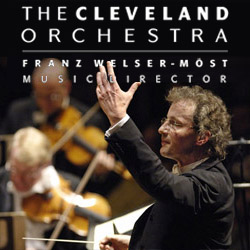
Dai nostri amici:
If the video does not play, please click here.
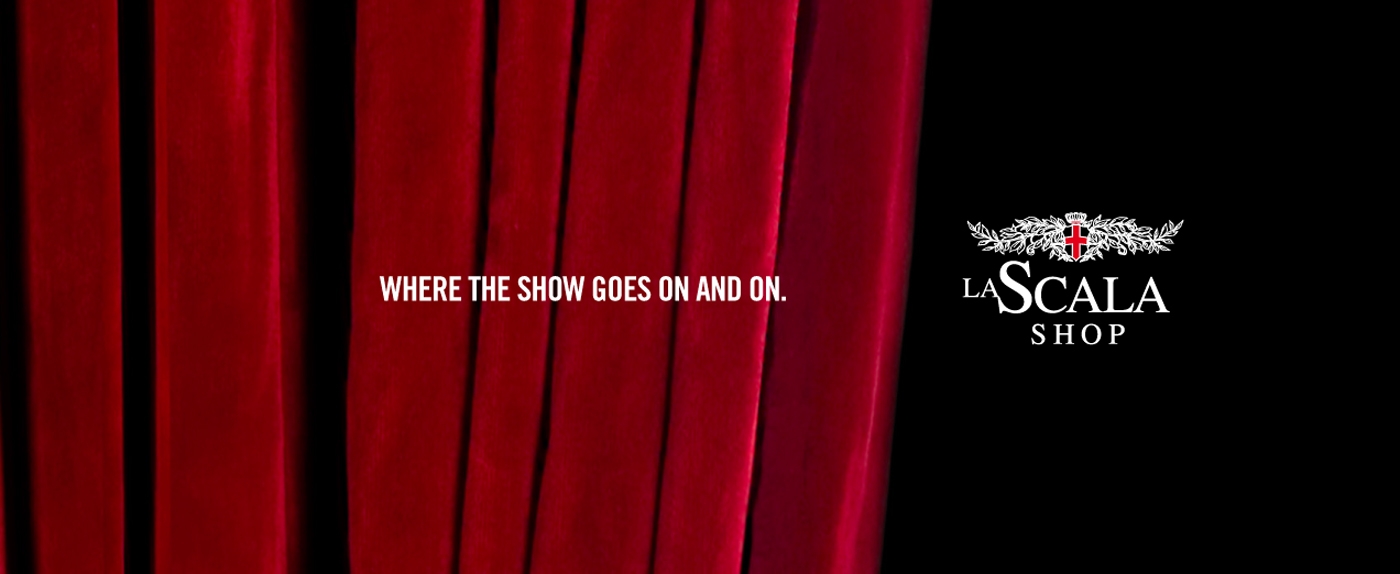
Over the next three months and more, there will be no concerts, no opera, no public sharing of art.
The major opera houses and orchestras have arranged to stream past performances free to all who care to watch, building up their databases for the day when the doors can reopen. We have reported the first big streamers from Berlin, Vienna and New York. By the end of the week, the list will be too long to take in. And there will be performances every night, as usual.
The question is, are they doing the right thing?
The concert habit is a delicate organism build up over decades and following fixed social patterns. You go on a certain night of the week and expect to see certain faces in the audience. For many people, that certainty is essential to the experience.
There is an alternative to streaming every night of the week, and that is selecting certain nights when people expect to hear music.
I am intrigued by the strategy adopted today by the Gothenburg Symphony Orchestra, which will post a concert twice a week, Tuesday and Friday, with the aim of preserving the habit. By having a fixed appointment, music lovers in their homes can continue to maintain the habit of sharing music with other music lovers, also in their homes. The can discuss the concert by phone during intervals and afterwards.
Here’s what Gothenburg tells Slipped Disc:
Due to the corona pandemic, the concerts of the Gothenburg Symphony Orchestra are closed to the public in the up-coming weeks. However, with a strong commitment and belief in the uniting power of music, Gothenburg Symphony Orchestra will be available to all music lovers on gsoplay.com. The concerts can be enjoyed for free for anyone on the web or through our app.
The ambition is to have a new concert available each Tuesday and Friday, starting a week after the initial release on 17 March, culled from our rich archive with international artists such as Santtu-Matias Rouvali, Barbara Hannigan and Kent Nagano. Our hope is that sincere and heartfelt music-making will constitute a soothing and encouraging element in these troubled days.
The first concert is
Sibelius Symphony no 2 (which GSO has played over 150 times since 1907, and with Sibelius conducting in 1912)
Strauss Don Juan
Beethoven Piano Concerto No 2 with Mari Kodama
This makes sense to me as a reasoned, unpanicked approach to chaotic, unprecedented times for classical music.
